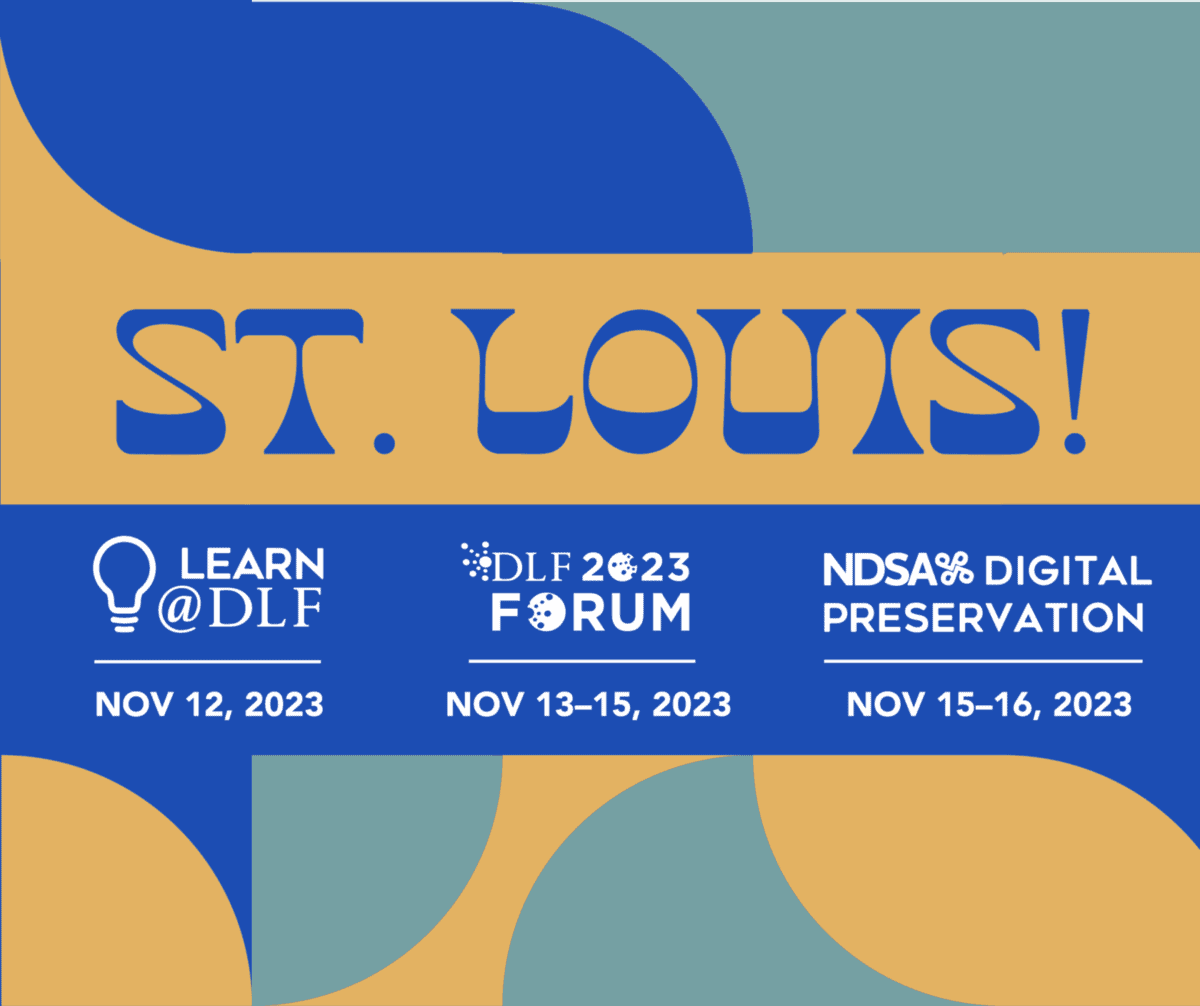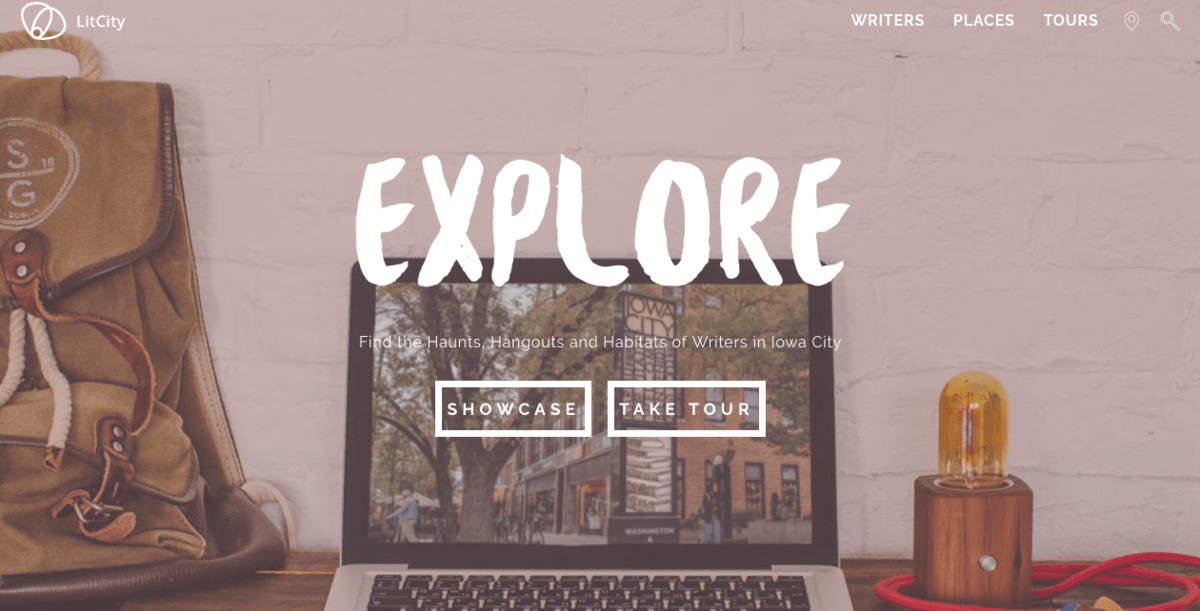We are excited to share that the Studio’s Digital Humanities Research & Instruction Librarian Nikki White will present with a panel including, UI Libraries’ Wendy Robertson, Roxanne Shiraz from CUNY’s Graduate Center, and Laura Morreale at this year’s DLF Forum! The group “will present examples of current efforts to improve description and discovery of DHContinue reading “The Studio’s Nikki White to Present at DLF”
Category Archives: Events
LitCity is Live!
For nearly a century, promising writers, many of whom have gone on to be well-known for their work around the world, have called Iowa City their home at some point in their life. It should come as no surprise that in 2008, this beacon for the written word was designated as a City of LiteratureContinue reading “LitCity is Live!”
The Studio Pilots Summer Fellowship Program
This summer the Studio will pilot a new fellowship program with the help of the University of Iowa Graduate College and the Studio Steering Committee. Nine current graduate students have been named Summer Studio Fellows. The students will soon take part in an 8-week course that provides mentored digital scholarship experience, as well as training inContinue reading “The Studio Pilots Summer Fellowship Program”
Studio Staff to Present at DH 2017
Last week the Alliance of Digital Humanities Organizations notified presenters of their acceptance to its massive annual conference, DH 2017. Held in Montreal this August, the conference brings together digital humanists from around the world to share their work. We’re excited to announce that four Studio staff will be among those UI faculty and staff presenting their work! Here’s aContinue reading “Studio Staff to Present at DH 2017”
A Lapse in Time, Similarity in Action
This past week I had the opportunity to attend a lecture at the Englert Theatre featuring Patrisse Cullors, co-founder of the Black Lives Matter movement. Cullors’ activism was, in part, fueled by the final verdict of the State of Florida vs. George Zimmerman case. The controversial trial ended with George Zimmerman being found not guilty on all counts of second degreeContinue reading “A Lapse in Time, Similarity in Action”
What Amanda Visconti and Infinite Ulysses Get about James Joyce
With Professor Amanda Visconti in town this week as part of the University of Iowa’s NEH Next Generation Humanities Ph.D. Planning Grant, I wanted to reflect on the importance of her Infinite Ulysses project for literary study in general and Joyce studies in particular. In 2015, Amanda Visconti did something that many Joyceans had often consideredContinue reading “What Amanda Visconti and Infinite Ulysses Get about James Joyce”
Omeka Workshop Review
Last Saturday we hosted the first of four digital scholarship workshops here at the Studio. This workshop covered Omeka, an open source collections management platforms designed to let scholars curate collections and create narrative displays for the public. It’s a perfect tool for supporting a balance of rigorous scholarship with a public-friendly face. We useContinue reading “Omeka Workshop Review”
Move over, fried twinkies: Iowa State Fair historic recipe contest
This August, traditional Fair fare such as deep-fried Twinkies, Snickers, and sticks of butter will be making room for even more old-school treats featured in the UI-sponsored Szathmary Historic Recipes cooking contest. Up for recreating 18th- and 19th-century desserts like Almond Cheese Cakes, Summer Mince Pies, and Mrs. Matson’s Marlborough Pies? Unintimidated by units ofContinue reading “Move over, fried twinkies: Iowa State Fair historic recipe contest”
Making Blackness Digital
Beginning tomorrow, a series of events will take place on campus examining the black experience at The University of Iowa. Two sessions in the “Iowa and Invisible Man: Making Blackness Visible” project have an online component in the Iowa Digital Library. Tuesday, Nov. 29, 7 p.m., Shambaugh Auditorium, UI Main Library: “Black Hawkeyes: Midcentury Memories of the UniversityContinue reading “Making Blackness Digital”
“It is such a happiness when good people get together—and they always do.”
Local readers are invited to Main Library this Friday to celebrate the 200th anniversary of Jane Austen’s Sense and Sensibility: It has been two hundred years since a book was published in England “By a Lady,” entitled Sense and Sensibility. On October 30, 1811, Jane Austen’s first novel was published, creating a literary phenomenon that continues toContinue reading ““It is such a happiness when good people get together—and they always do.””



